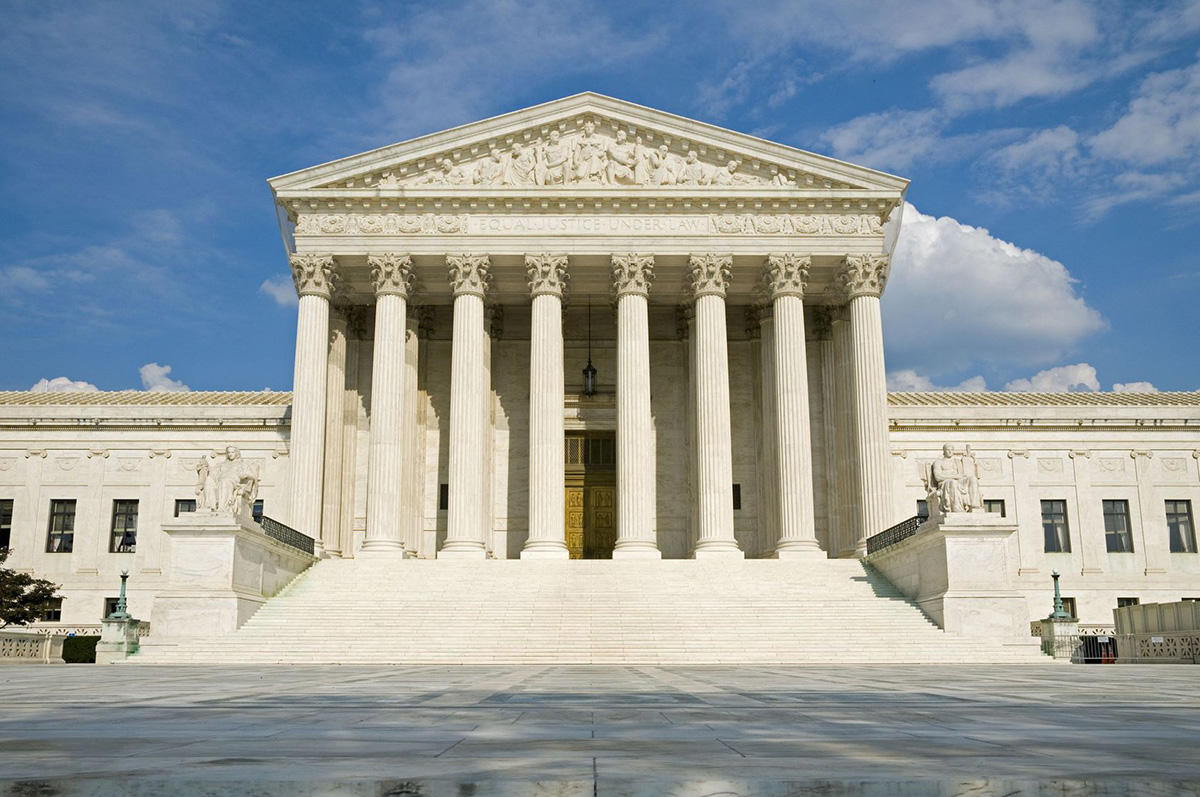Antonin Scalia’s death has begun a new Supreme Court battle. And much of it will be expressed in terms of whether nominees are “mainstream” or not.
Senator Charles Schumer already demonstrated this pattern. In 2007, he said any Bush nominee “must prove ... that they are in the mainstream rather than we have to prove that they are not,” but has now doubled down in the opposite direction, saying, “many of the mainstream Republicans, when the president nominates a mainstream nominee, will not want to follow Mitch McConnell over the cliff.”
Why so much mainstream rhetoric? To be in it sounds good; to be out of it sounds bad. But it rests on a distorting analogy.
The analogy equates mainstream to “normal,” or majority, views. They are then further equated to “correct” views. But while majorities choose representatives, our Constitution was far from majority rule (“mob rule,” to many founders). It put many choices off-limits to political determination, and subjected others to very stringent standards. In short, it defended liberty against government encroachment. This is especially critical in evaluating justices, whose primary role is preserving the Constitution against majority abuses.
The analogy presumes a speaker’s mainstream evaluation is accurate. But where the mainstream is and how far from its supposed center is acceptable are indefinable.
The core issue is not, then, about being in the current mainstream, but where that mainstream should be. Advocating respecting the Constitution as written, as Scalia was famous for, focused on that.
That is, the mainstream may be in the wrong place. It has clearly changed in our country, but only because some were out of the previous mainstream. Men being created equal, with inalienable rights against government abuse, is far from the once mainstream belief in the divine right of kings. And our Bill of Rights freedoms to speak, write and worship as we choose, and to have our property protected from government predation, were not always mainstream.
Federalist 78, America’s most famous statement of the judiciary’s role, reveals that the political mainstream has indeed jumped its constitutionally enumerated banks, arguing for re-routing it toward its original course: “A limited Constitution...can be preserved in practice no other way than through...courts of justice, whose duty it must be to declare all acts contrary to the manifest tenor of the Constitution void. Without this, all the reservations of particular rights or privileges would amount to nothing.” Further, “whenever a particular statute contravenes the Constitution, it will be the duty of the judicial tribunals to adhere to the latter...to guard the Constitution and the rights of individuals.”
If the mainstream has moved from its original American course, only those now out of it can shift it back. For example, the now-common view that using government to rob Peter to pay Paul is acceptable means anyone acting to undo such policies would be outside today’s mainstream, though not that of our founders. As Jefferson said, “The majority, oppressing an individual, is guilty of a crime, abuses its strength, and...breaks up the foundations of society.”
In fact, “out of the mainstream” nominees are the only ones who might resist further expanding government encroachment or even reclaim eviscerated freedoms once taken for granted. In contrast, those recently advocated as mainstream have enabled “new and improved” encroachments.
Expanding the divide between the Constitution and current interpretation increasingly threatens our founders’ mainstream belief in liberty and the Constitution they designed to defend it. Consequently, advocates for the modern mainstream are opposing the mainstream that made America great. That is why Antonin Scalia fought vigorously for our founders’ understanding. It is also why Americans don’t need more justices from the modern mainstream, but more from its original channel.








